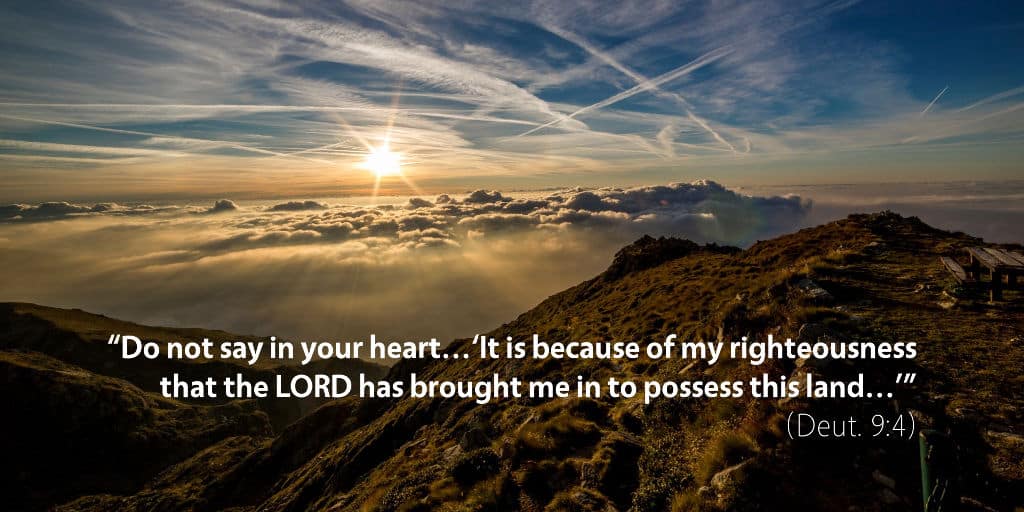In Deuteronomy 9:7, Moses states: Remember, do not forget how you provoked the Lord your God to wrath in the wilderness; from the day that you left the land of Egypt until you arrived at this place, you have been rebellious against the Lord. In giving these commands, Moses is not instructing the people to engage in the type of remembering that would terminate on themselves, with feelings of guilt or despair. Neither should there be a reveling in the sinful conquests of the past nor a sinking into a guilty state as a result of reviewing past sin.
Nevertheless, the profitable type of remembering does bring us low, but only for the purpose of lifting our gaze to the redemptive work of Christ in our lives. Accordingly, where Israel miserably failed in her idolatry, Jesus succeeded, for during his 40 day fast, as he was tempted by the devil in the wilderness, he clung to God’s word and maintained allegiance to the Lord God alone. His perfect obedience is a Christian’s righteousness before God by faith alone. It follows then that a proper remembering of our sin eliminates any possibility of trusting in our righteousness, but rather in the righteousness of Him who loved us and gave himself for us.
That is how we remember and do not forget the vast discrepancy between what we deserve (wrath) and what we have received (grace).

